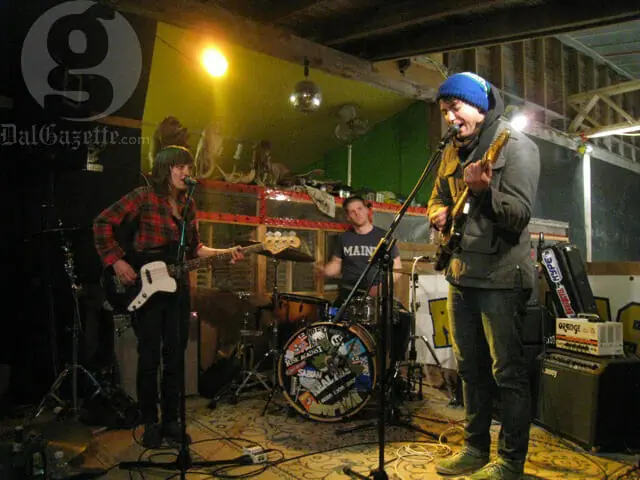
Whether you blame Shawn Fanning and Sean Parker for creating Napster, the recording industry for jacking up their prices, journalists and media representitives who leak albums, or the blogs that publicize them, our society is deeply and irrevocably invested in the concept of free music.
With anti-piracy bills SOPA and PIPA postponed indefinitely, it seems the recording industry is fighting a losing battle against our thirst for downloading the entire ACDC discography for free, putting it on our iPod and never listening to it.
Musicians over the last few years have become incredibly resilient in dealing with the stubborn expectations that the masses have developed towards how they consume music. Your album leaks a month before it’s released? No problem: push up the iTunes release date, offer a free stream of it on your website and the listeners still flock to you. While MySpace may have gone the way of Geocities or Ask Jeeves, falling into a vortex of anachronistic uselessnes, it set the standard for the distribution of music in the 21st century. More and more, musicians are utilizing the concept of free streaming media and downloads to their advantage, propagating their music and enticing people to give them a listen because, what can it hurt?
For Nova Scotian indie-folk siren Klarka Weinwurm, the answer is simple: “We have to roll with the times and just appreciate that our art can be displayed so instantly and accessibly,” she says. “You want to give them trust without the pressure and hope that in return they will support you in other forms. Whether it’s attending a live show, buying an album or telling their friends. It’s not possible to go back to the days before the Internet. I don’t expect anything from streaming my songs online for free. I mean, those songs aren’t for everyone, but at least they’re there to listen to.”
The web is clogged with millions of bands who are accessible at any minute with the click of a few buttons. We’re hit with a surge of dozens of band names on a daily basis. Do you really expect the listener to take a $20 chance on you? While it may sound callous, this train of thought has provided hundreds of independent artists with a sincere and dedicated fanbase, something they otherwise wouldn’t have achieved if they had been reluctant to openly share their music. Offering free music, whether it’s downloads or streaming, gives the listener a no-pressure foot in the door to an artist. By and large, the listener not only respects that the artist is willing to share their music for free, they’ll most likely reciprocate by checking out a show, buying a shirt or a record, or even just passing it on to a friend.
“I like free things,” says Jon McKiel, Nova Scotia’s crowned king of gritty, harmony-laced sludge pop. “As a music consumer it’s nice. I don’t see how giving out free downloads of your stuff could hurt, and it helps people get to know you. But I also understand anyone’s choice to not do that.”
McKiel also believes that giving consumers a chance to listen for free makes them more inclined to eventually buy the physical product, citing the poor quality of Mp3s and the irrelevence of CDs as some of the many reasons music consumers are much more inclined towards buying vinyl records. “I think people still care about fidelity and having a more signifigant artifact,” says McKiel. “MP3s just generally sound pretty bad. Sony has one plant left in the states making CDs, and I’ve heard that many major manufacturers are announcing this year that they are discontinuing them,” notes McKiel, and he’s certainly correct, with sales of vinyl climbing a belligerent 40 per cent in 2011.
While it’s easy to get disheartened and lament the loss of the physical marketability of music, it may just be a blessing in disguise. Major labels and their archaic, artist-leeching lechery are on the outs, with indie labels and self-releasing actually become viable options.
Radiohead shook the industry with their “Pay What You Want,” release of In Rainbows, resulting in sites like Bandcamp instituting a similar model and artists actually collecting money for their downloads, instead of people scoffing at paying for a CD and illegally downloading it. People like being given the choice. The collapse of the industry has put the power back into the hands of musicians, who now have the opportunity to be in control of how they release their art and what they get from it.
While this inevitably means that most bands will never get disgustingly rich, it does mean many smaller bands can make a living doing what they love. Artists who just want to share their music with whoever will listen, in hopes of continuing to do what they love are going to make out a hell of a lot better than any run-of-the-mill, auto-tuned, post-hardcore act who just wants to get signed by a major label, make a ton of cash and squander it all on hookers and blow.

Recent Comments